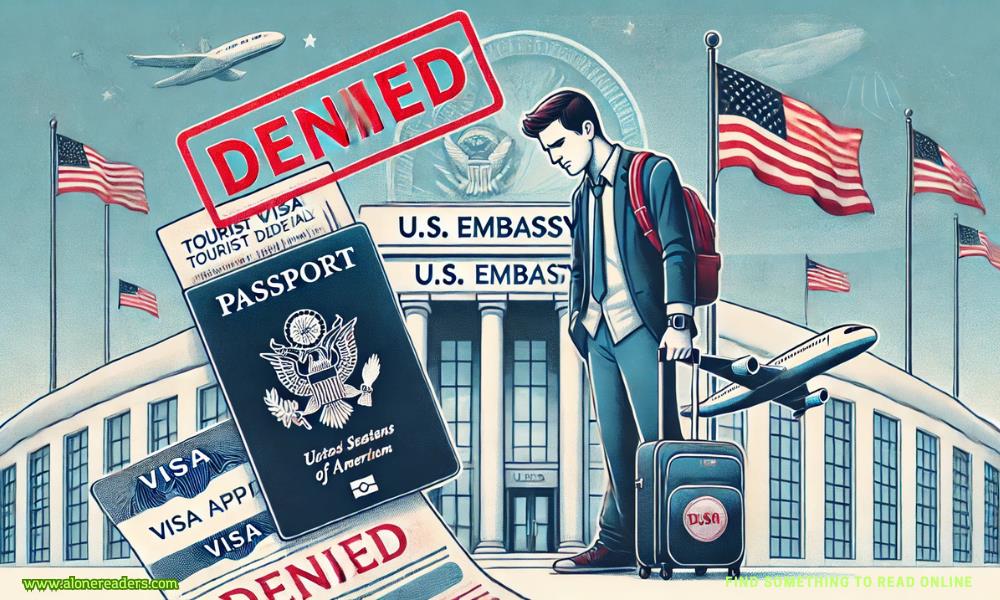
Applying for a U.S. tourist visa can be a daunting process, with many applicants facing denials despite their intentions to visit the United States for leisure or family reasons. Understanding the common reasons for visa denial and knowing how to address them can significantly enhance your chances of a successful application. In this article, we will explore the top reasons for U.S. tourist visa denial in 2025 and provide actionable tips on how to avoid them.
One of the primary reasons for visa denial is submitting incomplete or incorrect documentation. The U.S. visa application process requires meticulous attention to detail, and any missing or inaccurate information can lead to an automatic rejection.
How to Avoid:
Demonstrating that you have adequate financial resources to cover your trip is crucial. Failure to provide sufficient evidence of your financial stability can result in visa denial.
How to Avoid:
The U.S. visa authorities need assurance that you will return to your home country after your visit. A perceived lack of strong ties can lead to a denial based on the suspicion that you may overstay your visa.
How to Avoid:
Any history of violating U.S. immigration laws or previous visa overstays can significantly impact your current visa application.
How to Avoid:
A vague or unclear purpose for your visit can raise doubts about your intentions, leading to a visa denial.
How to Avoid:
The visa interview is a critical component of the application process. Poor communication skills, inconsistent answers, or nervousness can negatively impact the outcome.
How to Avoid:
Having a criminal record can complicate your visa application process, especially if the offenses are serious or recent.
How to Avoid:
If your profile matches any security databases or if there are concerns about your intentions, your visa application may be denied.
How to Avoid:
Providing false information or fraudulent documents can lead to immediate visa denial and potential bans from future applications.
How to Avoid:
A limited or no travel history, especially to countries with strict visa regimes, can make it harder to prove your intent to return home.
How to Avoid:
Having unrealistic or overly ambitious travel plans without proper justification can raise suspicions about your ability to manage the trip.
How to Avoid:
Similar to lacking strong ties, failing to demonstrate sufficient reasons to return can be a major factor in visa denial.
How to Avoid:
Certain health conditions may pose a risk to public health and can lead to visa denial if not properly addressed.
How to Avoid:
Not having adequate travel insurance can be perceived as a lack of preparedness, potentially leading to visa denial.
How to Avoid:
Ultimately, the core concern of U.S. visa authorities is whether the applicant intends to return home after their visit. Failure to convincingly demonstrate this intent is a common reason for denial.
How to Avoid:
Conclusion
Securing a U.S. tourist visa requires careful preparation and a thorough understanding of the factors that can lead to denial. By addressing the common reasons outlined above and taking proactive steps to mitigate them, you can enhance your chances of a successful visa application in 2025. Remember to stay informed about the latest visa policies, maintain honesty and transparency throughout the process, and seek professional guidance if needed. With the right approach, your dream of visiting the United States can become a reality.